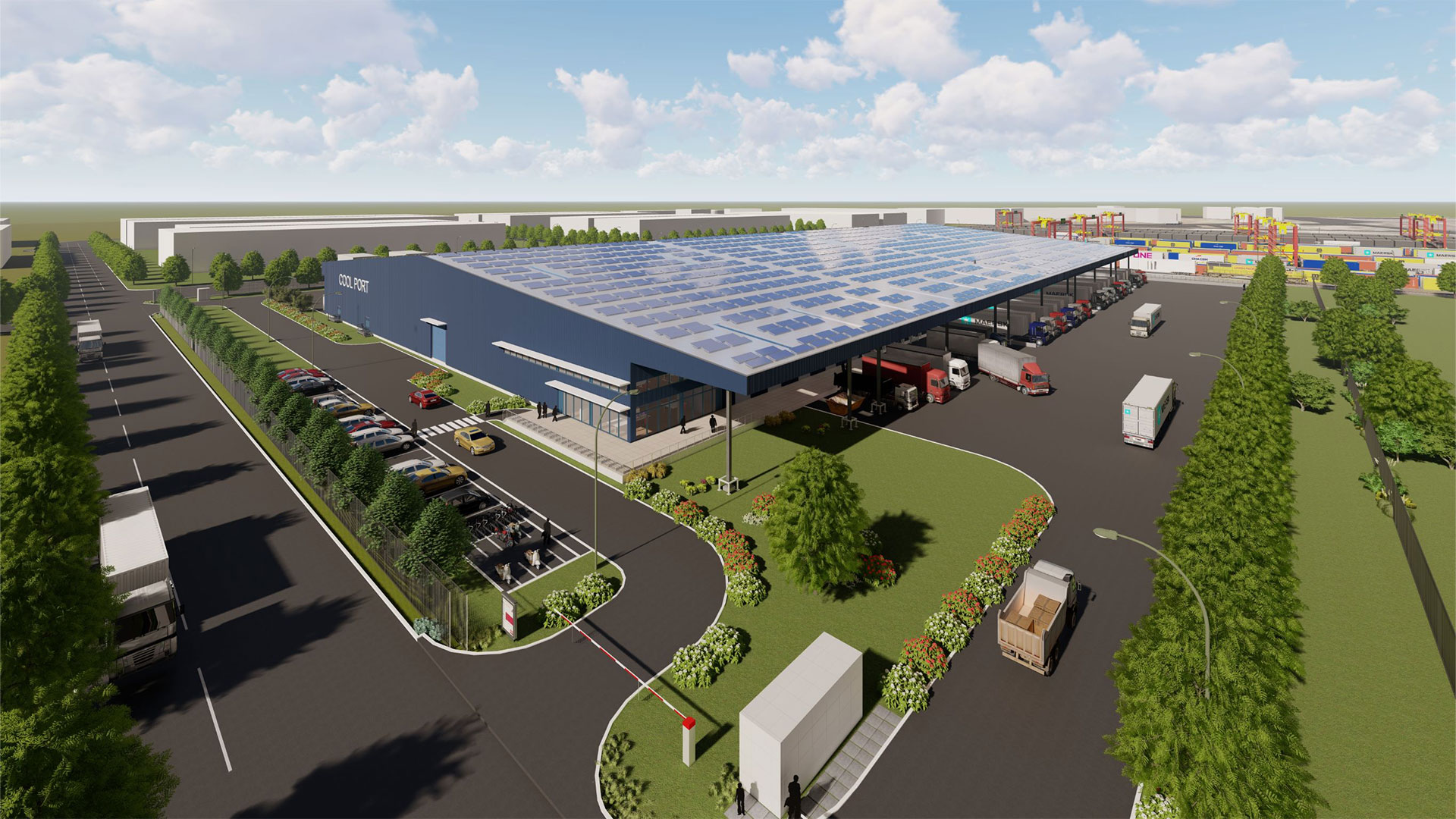Feasibility study greenlights Cool Port in Ethiopia

Project facts
- ClientThe Cool Logistics Technical Committee and Ethiopian Maritime Authority
- LocationThe outskirts of the Ethiopian capital Addis Ababa
- ChallengeUnable to capitalise on export opportunities due to the absence of a cool chain
- SolutionWide-ranging feasibility study and business case analysis which supports construction of a cool port
The challenge
The cool port will transform the Ethiopian horticulture sector by establishing a cool chain to link farmers with overseas export markets via sea freight. It will bring positive socio-economic impacts, creating jobs and generating foreign exchange for the country.
Ethiopia has the ideal climate and soil conditions for year-round cultivation of a wide range of fruit and vegetables, like avocados, mangoes, green beans and sweet potatoes. Until now, it has been unable to capitalise on export opportunities due to the absence of a cool chain or sea freight transport and handling and storage of perishable goods.
The solution
Study identifies potential for primary and secondary flows
The cool port, to be situated at Modjo Green Logistics Hub 70km from the capital, has direct rail connections with the sea port in Djibouti. It offers faster, lower cost and more sustainable transport routes compared to air freight - currently the only overseas export option. Royal HaskoningDHV undertook the feasibility study on behalf of the Cool Logistics Technical Committee and Ethiopian Maritime Authority. The study explored commercial, technical and financial feasibility following interviews with many stakeholders including farming businesses, government institutions, import/export and food and drug associations.
“We looked at primary flows, mainly avocado and other fruit & vegetable crops, and secondary flows including perishable medical imports, and flower and meat exports that could interact with the cool port and its facilities.” explained Steven Tsirakos, Business Case Consultant at Royal HaskoningDHV. “Our modelling took into account projected market volumes, the technical threshold for capacity, and the most feasible product combinations for the first years of operation. We translated projected market volumes into design requirements and a technical concept for the cold store, and we analysed the financial feasibility of the project.” Steven added. “ By conceptualising the potential and gathering information through lots of stakeholder engagement, we were able to refine and adapt our model to deliver a better result.
As well as developing the concept and masterplan, we made detailed CAPEX and OPEX projections using a dynamic financial model.
The result
End-to end solution for farmers
The resulting concept is a national facility and central point for consolidation and storage. It offers an end-to-end solution for growers and exporters, providing logistical processes for the entire avocado value chain and other fruit & vegetable crops. It means that these activities, which require considerable capital investment, can be outsourced to the central facility as required. The outline design is flexible and modular so it is possible to scale up in response to market demand.
The successful study has enabled the project to move forward to financing before the construction process.





